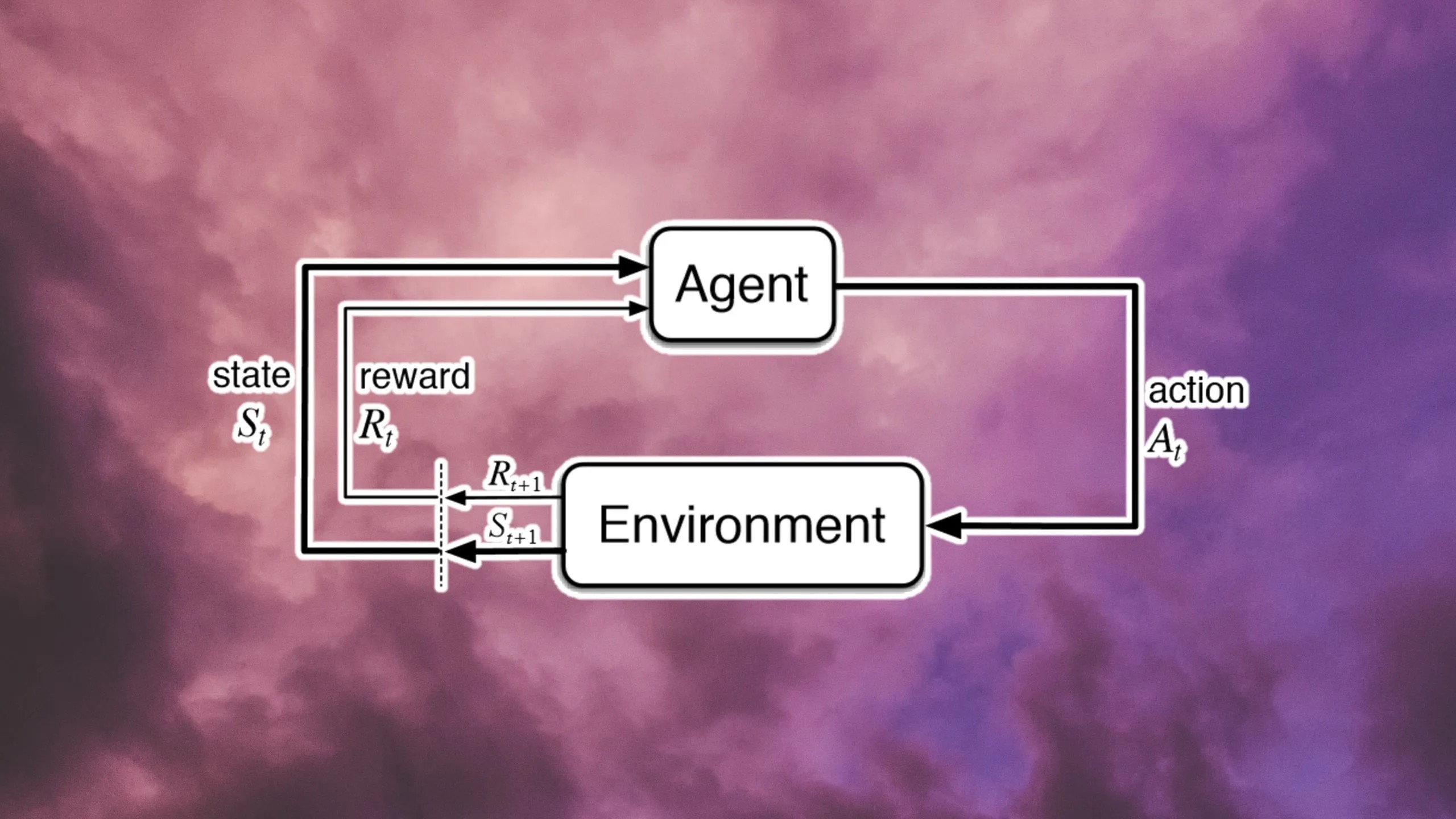
Reinforcement Learning Fundamentals
Reinforcement learning (RL) is a powerful paradigm in artificial intelligence that enables agents to learn optimal behaviors through interaction with their environment. This post explores the fundamental concepts and modern approaches in reinforcement learning.
Core Concepts
Reinforcement learning is built on several key concepts:
-
Markov Decision Process (MDP)
- States and actions
- Rewards and transitions
- Policy and value functions
- Discount factor
-
Key Components
- Agent: The learner/decision maker
- Environment: The world the agent interacts with
- State: Current situation
- Action: What the agent can do
- Reward: Feedback signal
Learning Methods
Value-Based Methods
- Q-Learning
- Deep Q-Network (DQN)
- Double DQN
- Dueling DQN
Policy-Based Methods
- Policy Gradient
- REINFORCE
- Actor-Critic
- PPO (Proximal Policy Optimization)
Model-Based Methods
- Dyna-Q
- Model-Based Policy Optimization
- Monte Carlo Tree Search
- AlphaZero
Applications
Reinforcement learning has found success in various domains:
Games
- AlphaGo/AlphaZero
- Dota 2
- StarCraft II
- Chess
Robotics
- Robot control
- Manipulation tasks
- Locomotion
- Grasping
Autonomous Systems
- Self-driving cars
- Resource management
- Network optimization
- Recommendation systems
Challenges and Solutions
Current challenges in RL include:
-
Sample Efficiency
- Off-policy learning
- Experience replay
- Model-based methods
- Meta-learning
-
Exploration vs Exploitation
- Epsilon-greedy
- Thompson sampling
- Upper Confidence Bound
- Intrinsic motivation
-
Stability and Reproducibility
- Hyperparameter tuning
- Environment design
- Reward shaping
- Curriculum learning
Recent Advances
Modern developments in RL include:
- Multi-agent reinforcement learning
- Hierarchical reinforcement learning
- Meta-reinforcement learning
- Offline reinforcement learning
- Safe reinforcement learning
Future Directions
The future of reinforcement learning looks promising with:
- Better sample efficiency
- Improved exploration strategies
- More robust learning algorithms
- Better theoretical understanding
- Novel applications in emerging fields
As reinforcement learning continues to evolve, we can expect more sophisticated and efficient solutions for complex decision-making tasks.